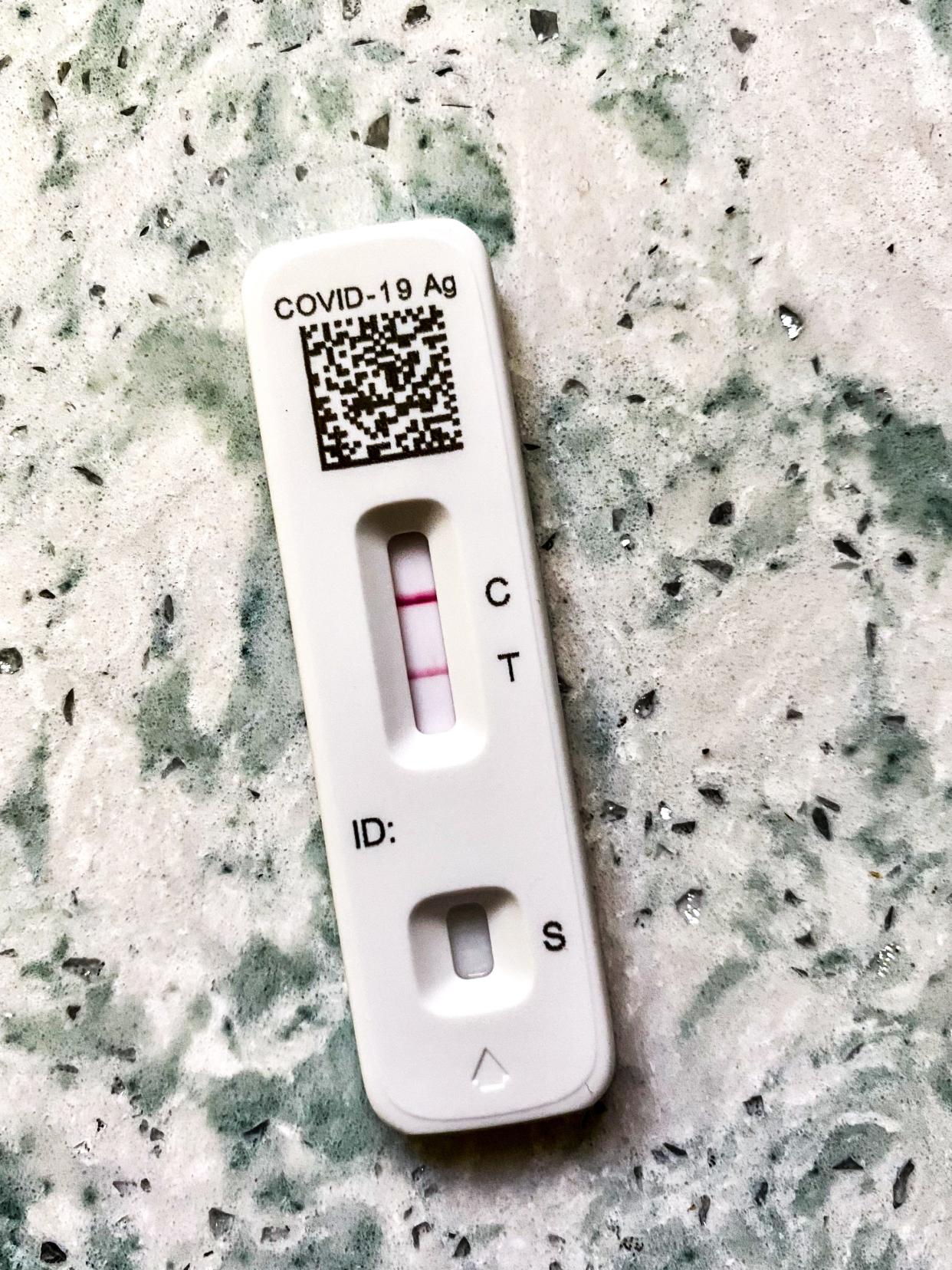Wastewater tests show COVID-19 reached 'high' level in some states. See where NJ stands
President Joe Biden recently tested positive for COVID-19, and with millions of Americans traveling, there remains a considerable risk of catching the new FLiRT variant of the virus.
The Centers for Disease Control has found evidence that the COVID-19 virus has reached a "high" level in about eight states based on wastewater treatment sites testing.
New Jersey coronavirus levels in the wastewater are “moderate” as of July 18 according to data from 16 wastewater test sites, the Centers for Disease Control and Prevention said.
They’re low in New York and moderate in Pennsylvania, but levels are “high” in neighboring Delaware and “very high” in nearby Maryland and Connecticut.

Positive cases have spiked in recent weeks, data from the New Jersey Department of Health shows, reaching their highest levels since winter.
With at-home tests becoming more common, the CDC said the wastewater testing is a more accurate means of gauging how much COVID-19 has spread in a community or region.
More: Major NJ hospital system back to normal operations after CrowdStrike software meltdown
The virus can also be detected before the person goes to a doctor or hospital, and can also catch asymptomatic cases, the CDC states.
COVID FLiRT variant symptoms
Here are some of the FLiRT variant symptoms:
Fever or chills
Cough
Sore throat
Congestion or runny nose
Headache
Muscle aches
Difficulty breathing
Fatigue
New loss of taste or smell
"Brain fog" (feeling less wakeful and aware)
Gastrointestinal symptoms (upset stomach, mild diarrhea, vomiting)
While the symptoms can be mild for those who gained immunity from prior infection or vaccination, many people are at higher risk of becoming very ill.
Symptoms may appear within 2-14 days after exposure.
The most at-risk population includes the elderly, the immunocompromised and those with other medical conditions, said Andy Pekosz, an immunology professor at Johns Hopkins University in Baltimore.
“When it comes to symptoms, we’re not seeing anything new or different with these variants,” he said in an interview with the university’s publication.
“We continue to see more mild disease, but that’s likely not because the virus is milder, but because our immunity is so much stronger now. After years of vaccinations and infections, most of the population is better able to fight off an infection without as much concern for severe disease.”
Should you get the COVID-19 vaccine?
The CDC recommends everyone ages 6 months and older receive an updated COVID-19 vaccine regardless of if they have been vaccinated previously. The updated 2024-2025 vaccines will be available later this year from Moderna, Novavax, and Pfizer.
Data showed that people who received the 2023-2024 vaccine saw greater protection from the virus and hospitalization than people who did not receive the vaccine.
Travel tips for COVID-19 safety
Mayo Clinic recommends staying up to date on your vaccine at least a few weeks before travel. Wash your hands regularly and wear a facemask - especially in crowded areas - Mayo Clinic states.
If necessary, opt for outdoor activities when possible, and keep your distance from other people when indoors, Mayo Clinic suggests.
And stay home if you’ve exhibited symptoms, are awaiting the results of a test or have been diagnosed with COVID-19.
“Once the fever is gone and symptoms are getting better, you may choose to travel. But for about five days after feeling better, you could still give others the virus that causes COVID-19,” the Mayo Clinic states.
This article contains information from USA Today
Daniel Munoz covers business, consumer affairs, labor and the economy for NorthJersey.com and The Record.
Email: munozd@northjersey.com; Twitter:@danielmunoz100 and Facebook
This article originally appeared on NorthJersey.com: See what wastewater tests reveal about COVID-19 in NJ, other states
